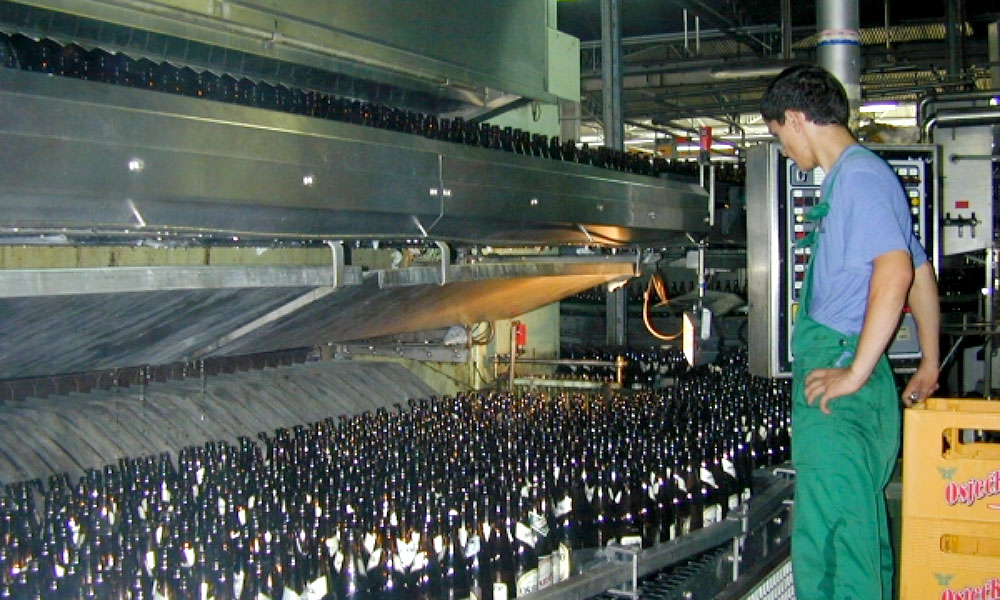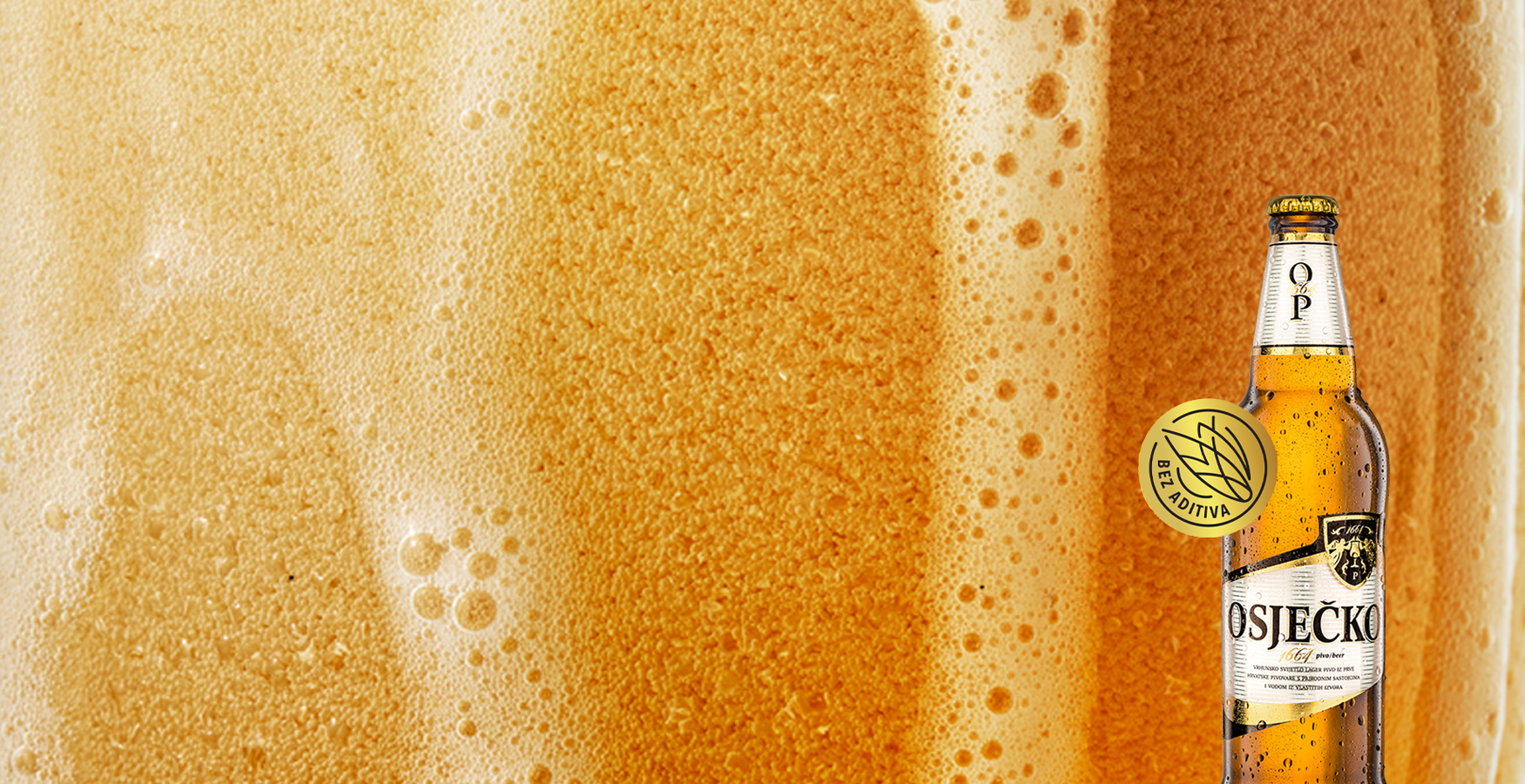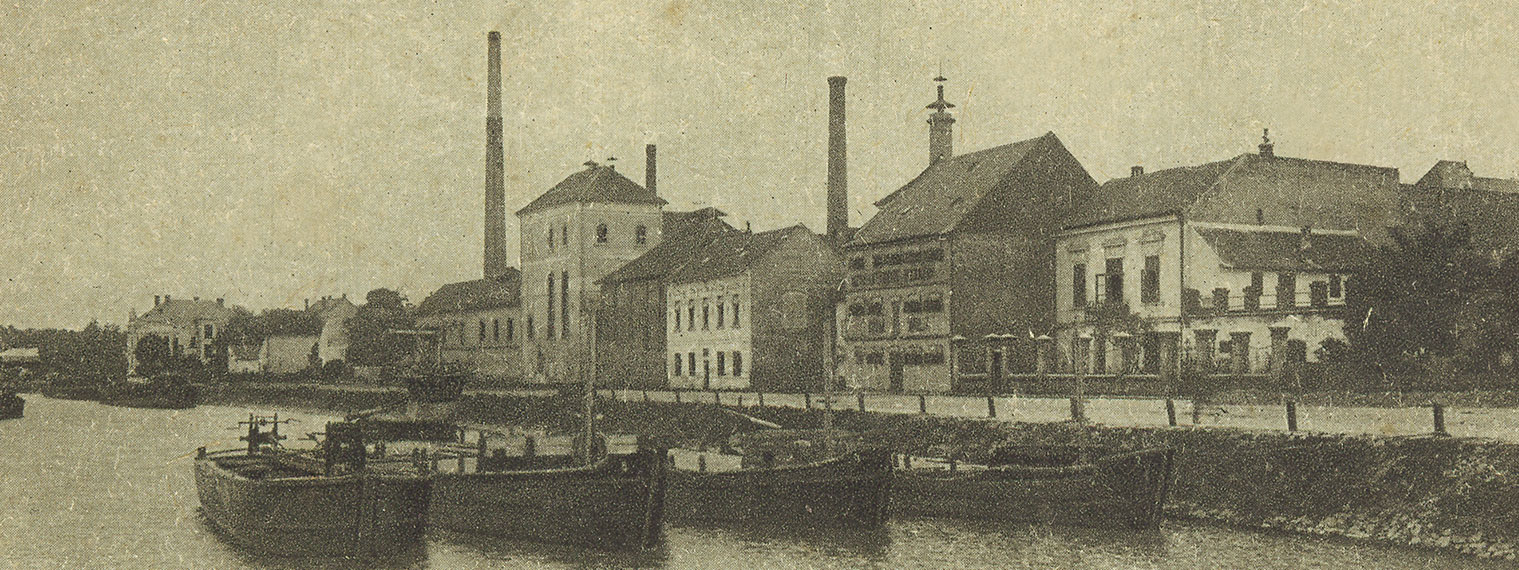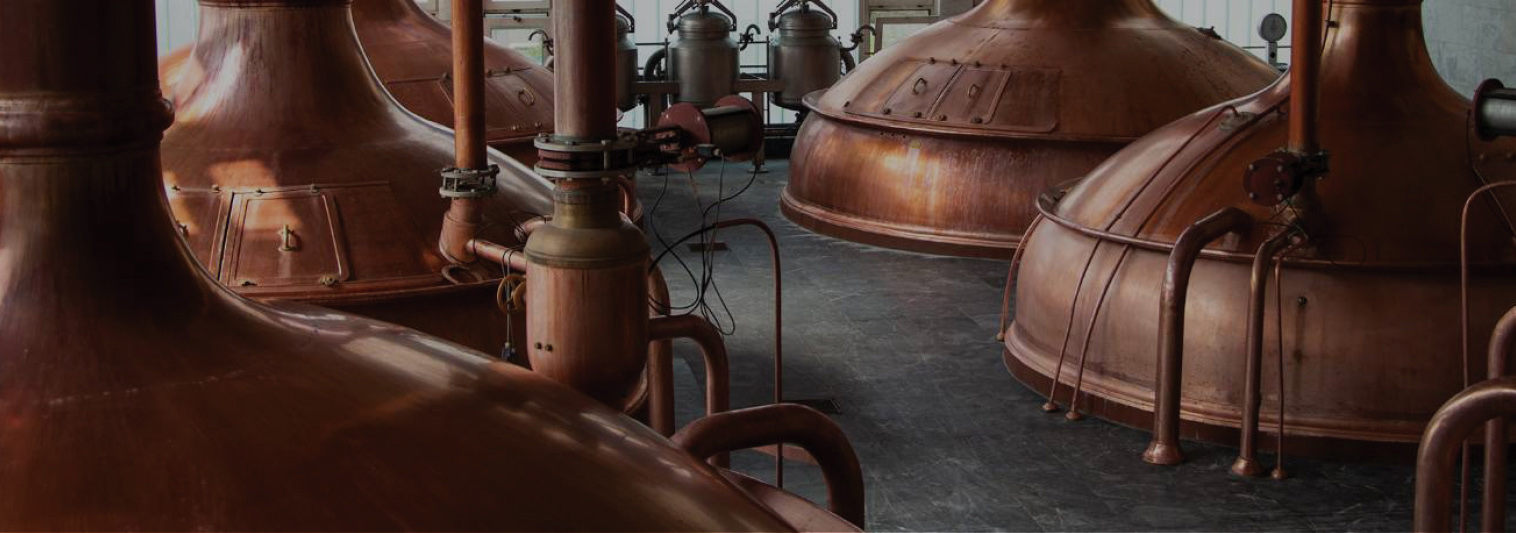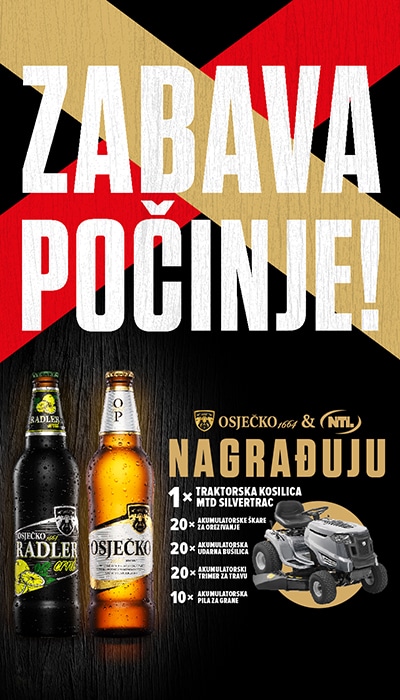Interesting facts
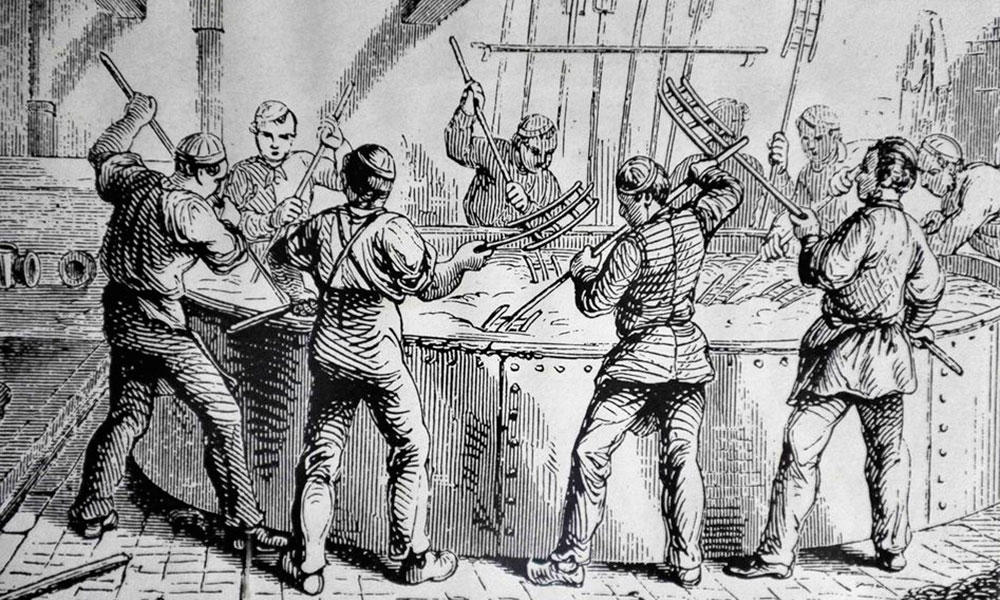
Over 350 Years of Experience
During the reign of Turks, some citizens of Osijek fled to today’s Germany. They returned with the knowledge about the process of beer-making, and, according to the historical sources, back in 1664, Mr. Bauer owned a brewery that produced the first Croatian beer.
Steam Brewery of Caetan Šeper
First Slavonian steam brewery and ice-factory was built in 1856 in a free territory near the town centre. It was close to the harbour, water source and the road used for transporting barley. The owner, Caetan Šeper, unlike the other well-to-do citizens residing in the Upper Town, built a bungalow across the factory, so he can be closer to the workers.
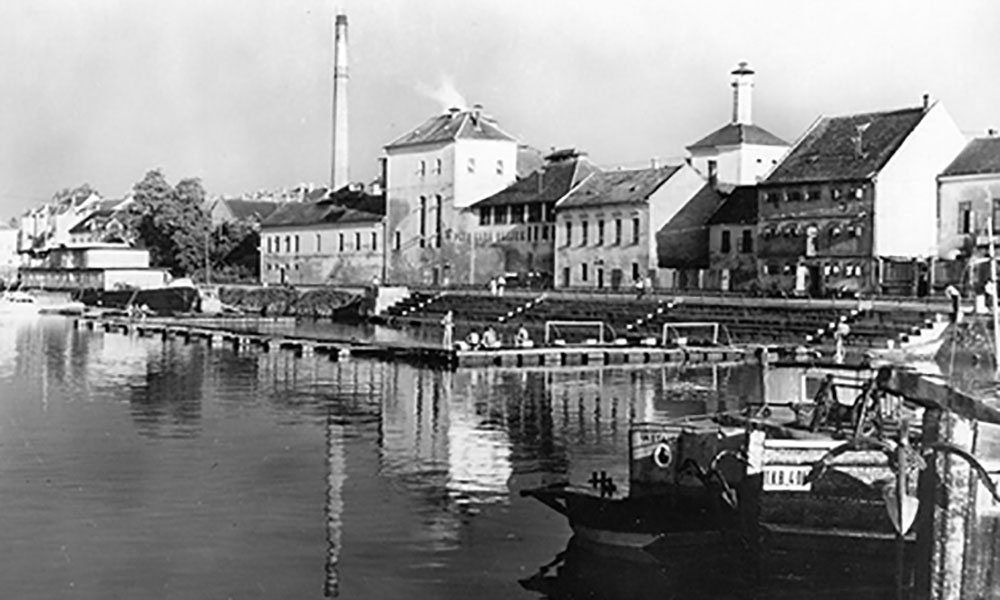
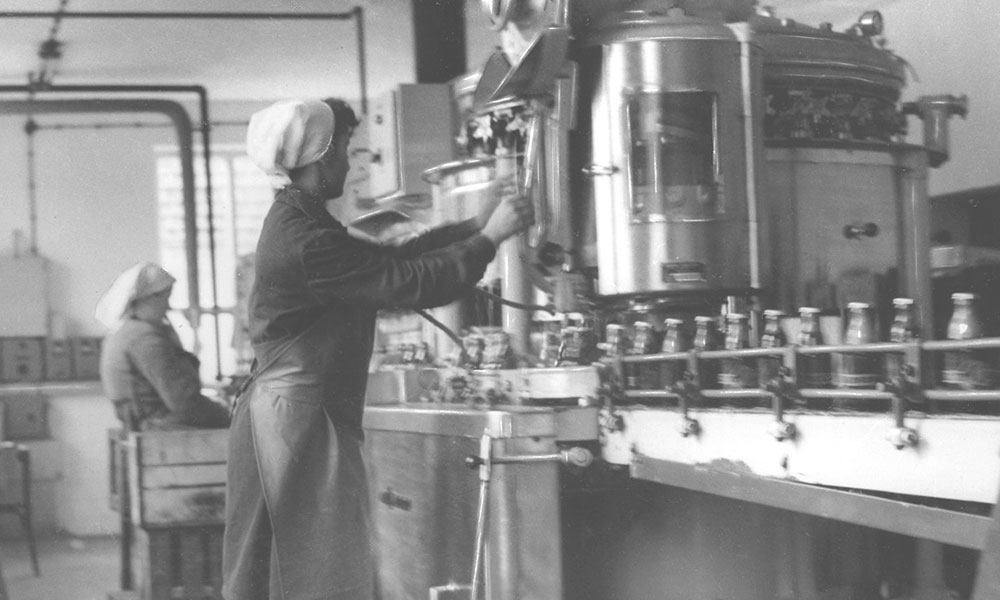
Technical Pioneers
At the beginning of the 20th century, Caetan Šeper’s brewery was one of the first plants in Osijek to have electricity, which was produced in his own coal-fired power plant. Steam engines were replaced by electric motors, making the brewery the most contemporary factory of its time. Since its opening, the so-called Šeper’s power plant powered the nearby pub Royal, on which occasion a ball was organized in the pub’s ceremonial hall.
Relocation of the Old Factory
After the World War II, consumption level reduced, and so did the beer production. Brewery was nationalized and merged with the company Vinopromet. Even though the building with boilers was renovated, and old horse-stables became warehouses, brewery was relocated to the east part of the city in the 1960s. That’s how the recognizable skyline of the city-centre with the brewery’s chimney was gone, and the brewery itself was replaced by a pub.
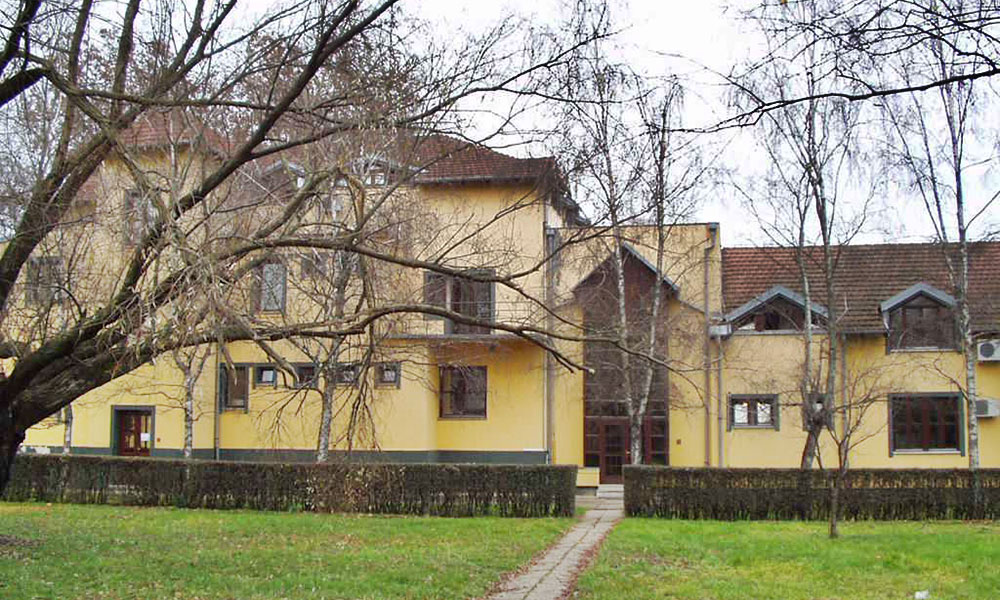
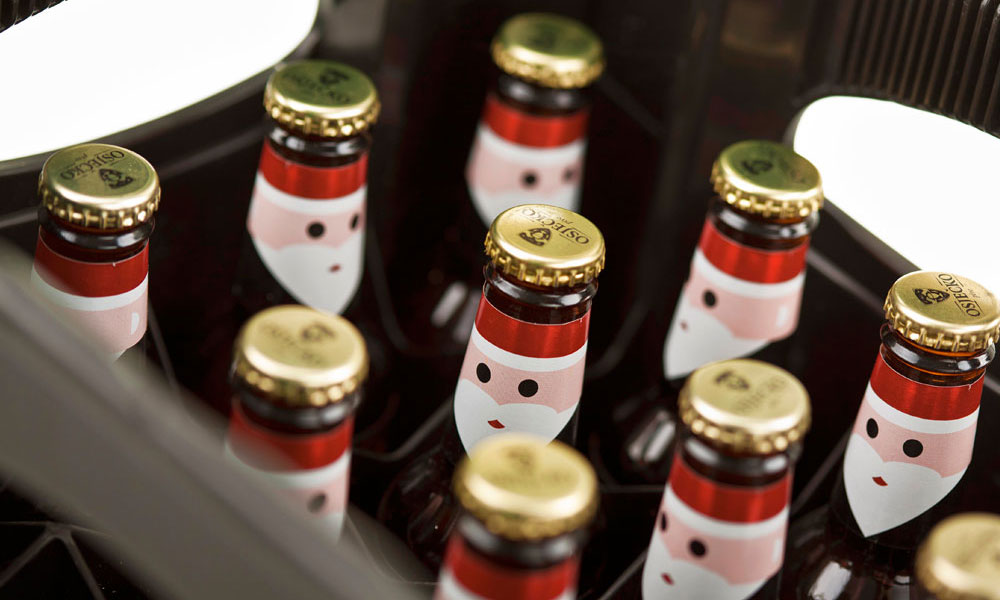
Traditionally Innovative
Since the brewery started operating independently again in 1985, we returned to producing Osječko Dark Beer (1997) and introduced the first beer on the national market with addition of refreshing fruit juice – Biker Beer (German: Radler] (2001). Holiday Beer packaging was shortlisted among the ten most interesting packaging designs of 2011 by Dieline.
The Homeland War did not Stop Us
In 1990, Pivovara was one of the biggest breweries in Yugoslavia, with a production of over 400,000 hl per year. It experienced horrendous bombing during the war. Nevertheless, production was not terminated and Osječko Beer was still moving down the production lines in somewhat smaller quantities than usual. Brewery remained a symbol of the Slavonian spite, persistence and devotion.
